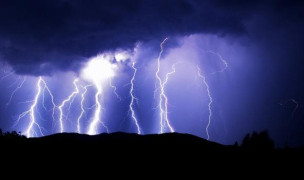 17 Terms
17 TermsHome > Industry/Domain > Astronomy > Planetary science
Planetary science
The scientific study of planets including Earth, moons, and planetary systems of the Solar System in particular and the processes that form them.
Industry: Astronomy
Add a new termContributors in Planetary science
Planetary science
fusion crust
Astronomy; Planetary science
The glassy, melted rind on a meteorite that forms when the rock passes through the Earth's atmosphere.
thrust fault
Astronomy; Planetary science
Low-angle fault in which rock above the fault plane moves up in relation to rock below.
eucrite
Astronomy; Planetary science
A common class of achondrite meteorites composed of pigeonite and plagioclase. These meteorites formed as basaltic flows on a parent body, probably asteroid 4 Vesta.
national aeronautics and space administration (nasa)
Astronomy; Planetary science
United States federal agency. "NASA is an investment in America's future. As explorers, pioneers, and innovators, we boldly expand frontiers in air and space to inspire and serve America and to ...
viscosity
Astronomy; Planetary science
An internal property of a fluid that offers resistance to flow. If a fluid has a high viscosity, then it strongly resists flow. An example of a low viscosity fluid is water.
mafic
Astronomy; Planetary science
Term describing high contents of dark-colored, magnesium-rich and iron-rich minerals.
light year
Astronomy; Planetary science
Distance that light can travel in 1 year. Light travels at a speed of 300,000 km / sec, so this distance is equal to 9. 46 x 10 12 kilometers.


